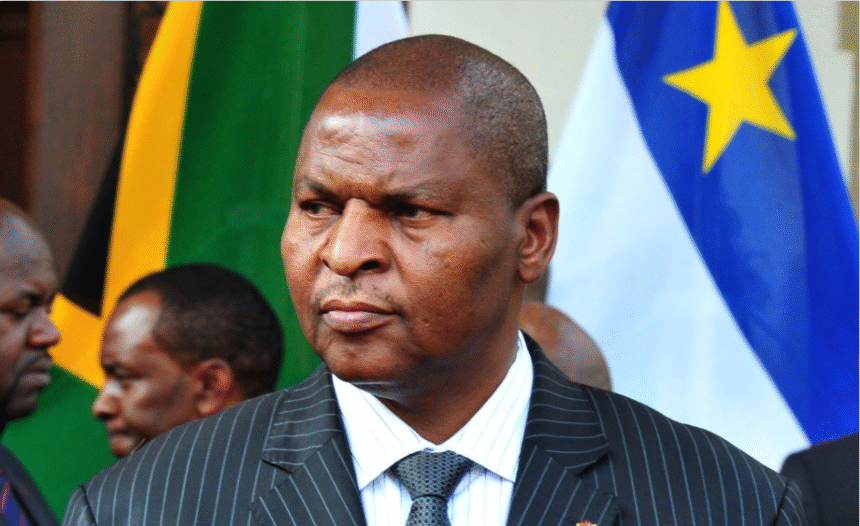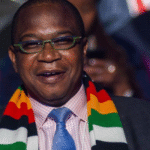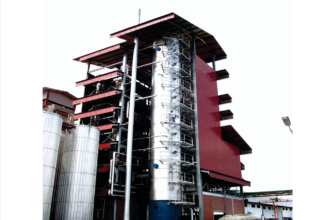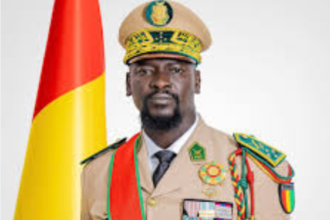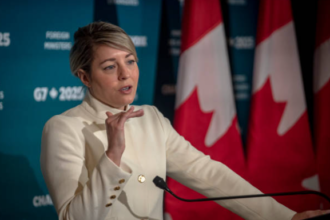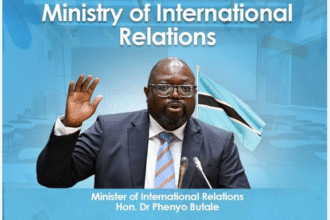By Isaac Okoro
BANGUI, Central African Republic – President Faustin-Archange Touadera of the Central African Republic (CAR) has confirmed he will seek a third presidential term, a move that has ignited widespread criticism and fears of democratic backsliding following a controversial constitutional overhaul. Opposition groups and civil society organizations warn that the 68-year-old leader may intend to stay in power for life.
Touadera’s declaration, made as his United Hearts Movement (MCU) officially nominated him for the presidency, comes at a time of escalating distrust in the government. The promise to rebuild the conflict-scarred nation now faces scrutiny over its leader’s commitment to democratic principles.
Controversial Referendum Paves the Way
The push for a third term follows a contentious referendum in 2023, which, according to the electoral commission, saw a resounding 95% vote in favor of constitutional changes. These amendments abolished the two-term presidential limit and extended the presidential mandate from five to seven years.
However, the referendum was largely boycotted by opposition parties and civil society organizations, who vehemently accuse the government of widespread fraud. Consequently, many opposition politicians refuse to recognize Touadera’s legitimacy, while civil society groups fear that the integrity of the upcoming 2025 elections is already severely compromised.
Further concerns about the electoral process have been raised by observers from the Arc-En-Ciel (Rainbow) network, which monitors elections in the CAR. They have flagged numerous irregularities in the provisional electoral lists, including missing data from 754 out of 3,919 legally established registration centers by the National Electoral Authority (ANE).
UN human rights lawyer Yao Agbetse highlighted these systemic issues in his latest report, stating that “persistent internal dysfunction” within the ANE has “hampered its effectiveness, compromising the running of the electoral timetable.” He added that electoral registers are “unlikely” to be finalized in time, raising fears that international funding for the elections may be withheld due to a perceived lack of credibility.
Opposition Demands National Dialogue
As the ruling party held its congress over the weekend, the opposition, united under the Republican Bloc for the Defense of the Constitution (BRDC), staged a simultaneous rally. Their central demand is for President Touadera to engage in a national political dialogue before any further discussions on the electoral process.
“We cannot accept a political party that sees itself as the only party. We are not a one-party state; we are a democracy,” BRDC spokesperson Martin Ziguele told DW, emphasizing the opposition’s resolve. “And we intend to fight to the last breath to ensure that the achievements of democracy and the Republic are respected.”
Government Cites Security Gains, Opponents Warn of “Iron Grip”
Evariste Ngamana, Vice President of the National Assembly and spokesperson for the MCU, defended President Touadera’s record, citing efforts to restore security, peace, and economic recovery. “We believe that it is truly appropriate to give him this opportunity to represent us in the presidential elections,” he told reporters, expressing confidence that the MCU possesses the resources to secure a first-round victory in the December 2025 polls. Should his candidacy be validated and he be elected, Touadera could lead the country for seven renewable years.
Since taking office in 2016, Touadera has relied on external support, including mercenaries from Russia’s Wagner group, to counter persistent civil conflict. He was re-elected in 2020, but faced strong opposition from rebel groups who sought to overturn his victory.
The landlocked Central African Republic, roughly the size of France with a population of around 5.5 million, is rich in resources such as gold, diamonds, and timber, yet remains one of the world’s most impoverished nations. It has endured waves of instability, including coups and rebellions, since gaining independence from France in 1960.
Prime Minister Felix Moloua has announced that local and general elections will be held simultaneously. However, the MCU’s failure to nominate any candidates for the local elections at its recent congress has raised further questions about the effectiveness and fairness of the overall electoral process. As the nation approaches the 2025 elections, critics warn Touadera’s pursuit of an extended mandate risks cementing an “iron grip” on power, further jeopardizing the CAR’s fragile democratic future.


